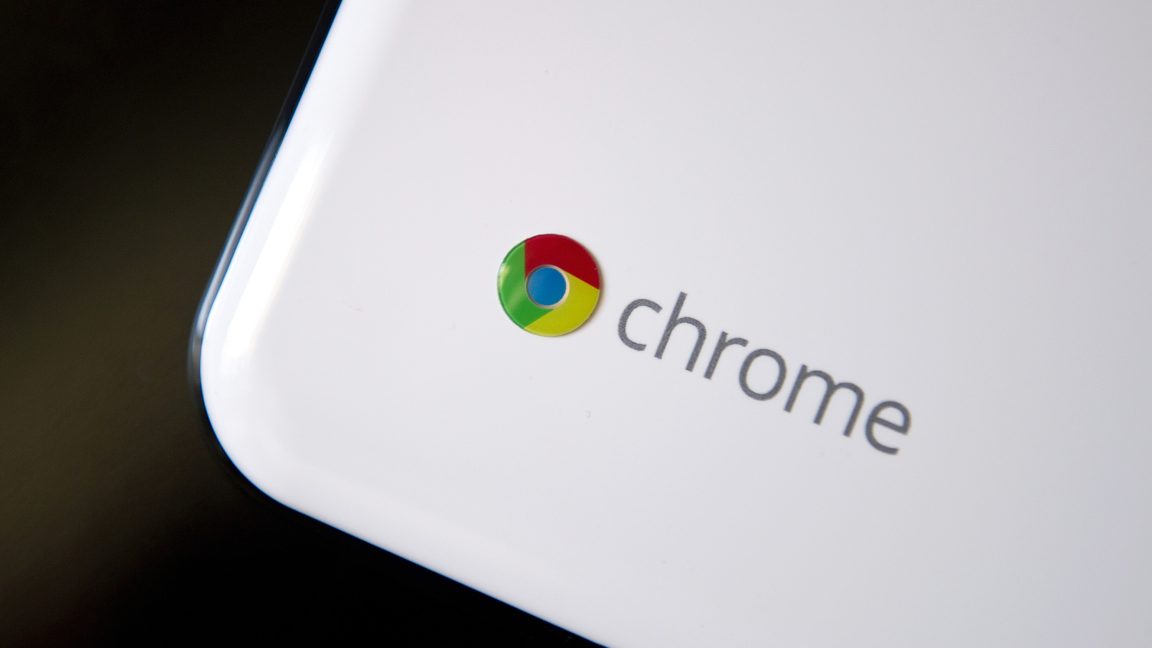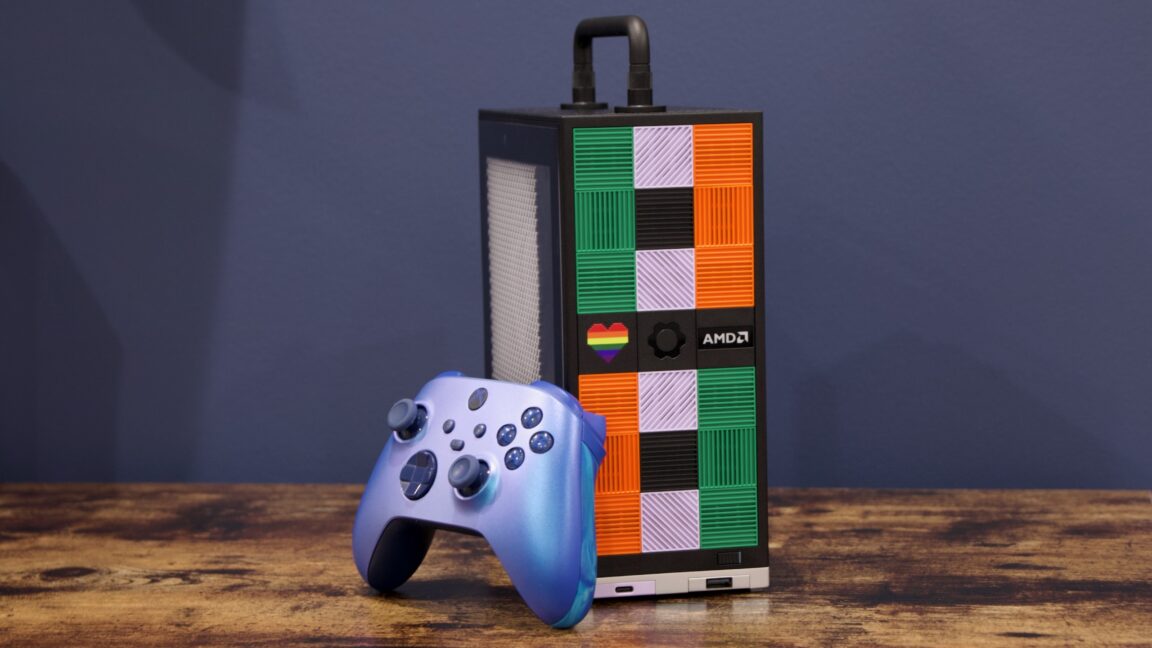Google and Valve to End Steam Support on Chromebooks by 2026

For the small number of users who have been enjoying Steam gaming on a Chromebook, the future looks bleak as Google and Valve have announced the cessation of support for the beta version of Steam on ChromeOS. This will take effect from January 1, 2026. Currently, Steam can still be installed on Chromebooks. However, a notification warns users about the ending support.
The official notification states, "The Steam for Chromebook Beta program will conclude on January 1st, 2026. After this date, games installed as part of the Beta will no longer be available to play on your device. We appreciate your participation in and contribution to learnings from the beta program, which will inform the future of Chromebook gaming."
Steam was introduced to Chromebooks in early 2022, initially launching in alpha mode for a selection of higher-end devices. A later release in the same year allowed more users to test the beta version with support for AMD CPUs and GPUs. Despite the beta’s release, there was little further communication from Google or Valve regarding its development.
The Steam beta was a noteworthy aspect of Google's "gaming Chromebook" initiative which aimed at promoting Chromebooks with enhanced features like superior hardware and high-refresh-rate displays. Additionally, it worked towards optimizing cloud gaming services such as GeForce Now and Xbox Cloud Gaming for Chromebook users. Google's efforts in incorporating Steam support into ChromeOS have been noted since 2020.
However, limitations plagued the Steam beta primarily due to the limited compatibility of games, even though it supports Proton—a compatibility layer developed to run Windows games on Linux systems like SteamOS. The low-end processors typically found in Chromebooks further restricted gaming experiences, as these processors, with integrated graphics, are less powerful than those in systems like the Steam Deck or advanced Windows laptops.
Only 99 titles were officially recognized by Google as compatible, largely consisting of older or less graphically demanding games, mainly those with 2D graphics. More cutting-edge, resource-intensive games technically capable of running via Proton weren't feasible due to hardware constraints.
At one stage, Chromebooks featuring Nvidia GeForce GPUs were under testing, with development progressing to the extent of assigning codenames to the boards involved. Yet, this development was quietly abandoned, and no further initiatives were observed.
The decline of the Steam project might be due to minimal user engagement or insufficient hardware for gaming adequacy on current Chromebooks. Alternatively, it might align with Google's more extensive strategic shifts, perhaps signaling a cleanup of unrelated ChromeOS projects amidst ongoing speculations and vague plans about merging Android and ChromeOS platforms. As it stands, the primary mode of gaming on Chromebooks seems poised to remain cloud-based.
Stay informed with more updates on tech innovations and gaming trends.



